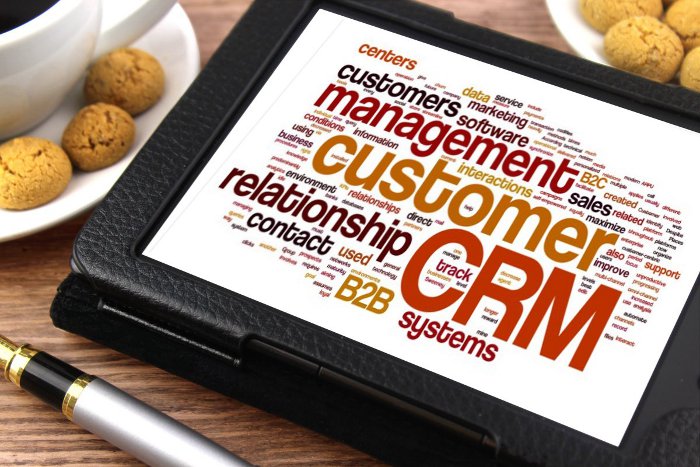
A successful organisation needs to have a plan for almost all business contingencies. Even the best plans fail because of lack of the ability to identify the signs of failure. You thought that you have done your homework and selected the best CRM solution, but suddenly you do not see the response that was anticipated to receive after implementing the CRM solution. You start thinking:
- Did I choose the wrong CRM?
- Did I undermine something that should have been thought of?
- Is it about faulty implementation?
The fact is that an organisation’s response to a CRM solution can never be forecasted perfectly. And, therefore, there will always be chances that your CRM might fail. But thankfully, some sure shot signs signal toward a collapsing CRM. Identifying these signs can help you tackle the problem immediately and prevent an absolute failure.
Too focused signals beginning of a failure
A big organisation often has specialised teams that are required to cross function and are interconnected. Each department or team has a working style and a requirement. Sometimes, when you opt for a CRM solution and have the CRM customisation done, your departments might have very specific preferences. As a result, when the teams start working on the CRM solution, the same solution looks different for various departments. This causes difficulty.
The CRM solution lies in simply having a standard interface that can be personalised by users according to their preferences but without making a significant difference so that the entire organisation gets the same view. This also involves that the whole organisation should take advantage of a standard solution rather than different departments having different solutions.
Reluctance signifies a bigger problem
Organisations often have employees unwillingly accept a solution because of a variety of reasons. These reasons can be that the solution makes work tedious for them, does not add any value to what they were doing previously and is too complicated to understand. In such a case, it is important to understand the problem before deciding on a solution.
Each reason would require a different solution. For example, if the solution makes the work tedious, then may be providing employees adequate training or time to get used to the system and slowly start incorporating in their regular work can be the best-suited solution. If employees feel that there is no value addition, then apprising them of the benefits of the new system and how it would be in the long run would work perfectly.
Lack of measuring tool is equal to not getting a CRM solution
A process that cannot measure the progress with or without CRM would not give you a definite idea of the success or failure. How would you gauge the success of a CRM solution? This is a very valid question, and you need to think about this before you opt for a CRM solution. Also, the measuring tool should have measurable parameters that are data driven.
The CRM solution works as a lifecycle in place and a parameter that measures the success of each step in the lifecycle. The measuring tool can consider either the qualitative or quantitative aspects. With a proper system in place, you can measure the before and after effects of the CRM solution implementation.
Each of the problem area mentioned above focuses on the issues that organisations generally face, and their solutions are almost always at disposal. Finding a solution is not difficult if the problem is identified. Sometimes, an organisation might see one of the issues mentioned above as the problem, and at times, it might see a combination of the issues. Therefore, to failproof the CRM solution, besides looking for these signs, consider them on the agenda that you create before choosing your CRM. For example, if you involve employees in the CRM selection process or have them sit through the demos to understand the benefits, then it is highly unlikely that you will face the issue of reluctance from employees.
An organisation might choose to build its own CRM Software, opt for a readymade solution, or go for CRM customisation. The threats of failure will be there in almost any type you select. The need is to be prepared and vigilant enough to identify problems before they make a long-lasting impact.











































































